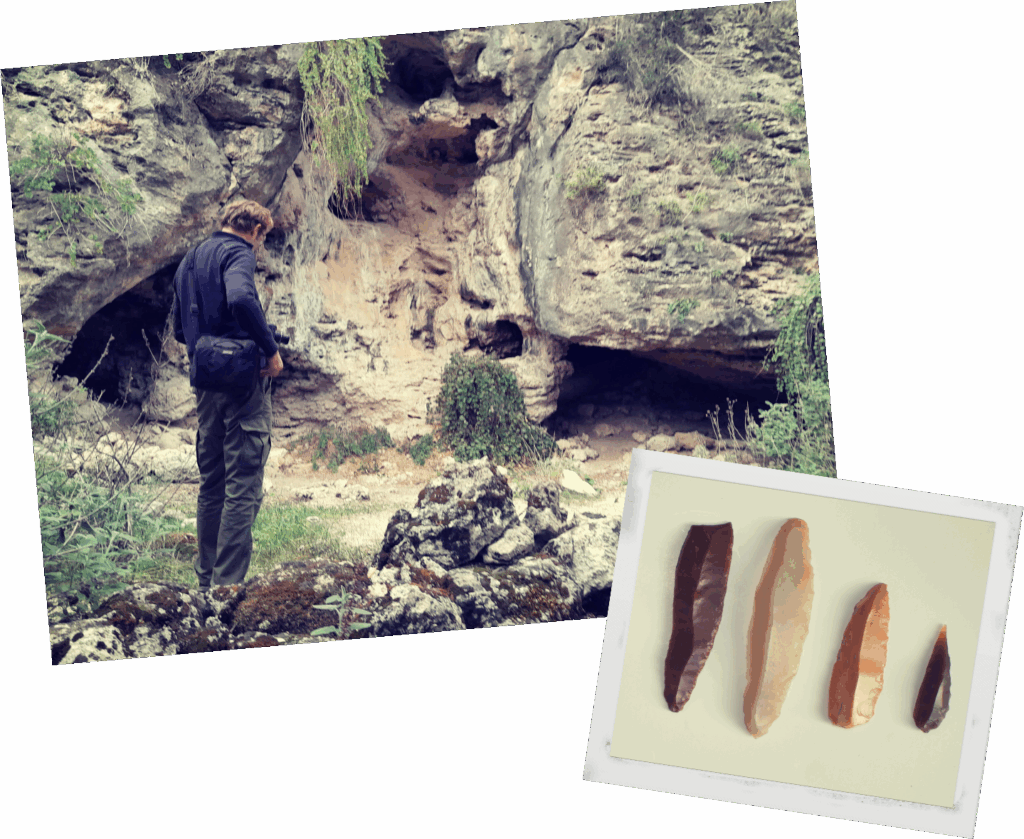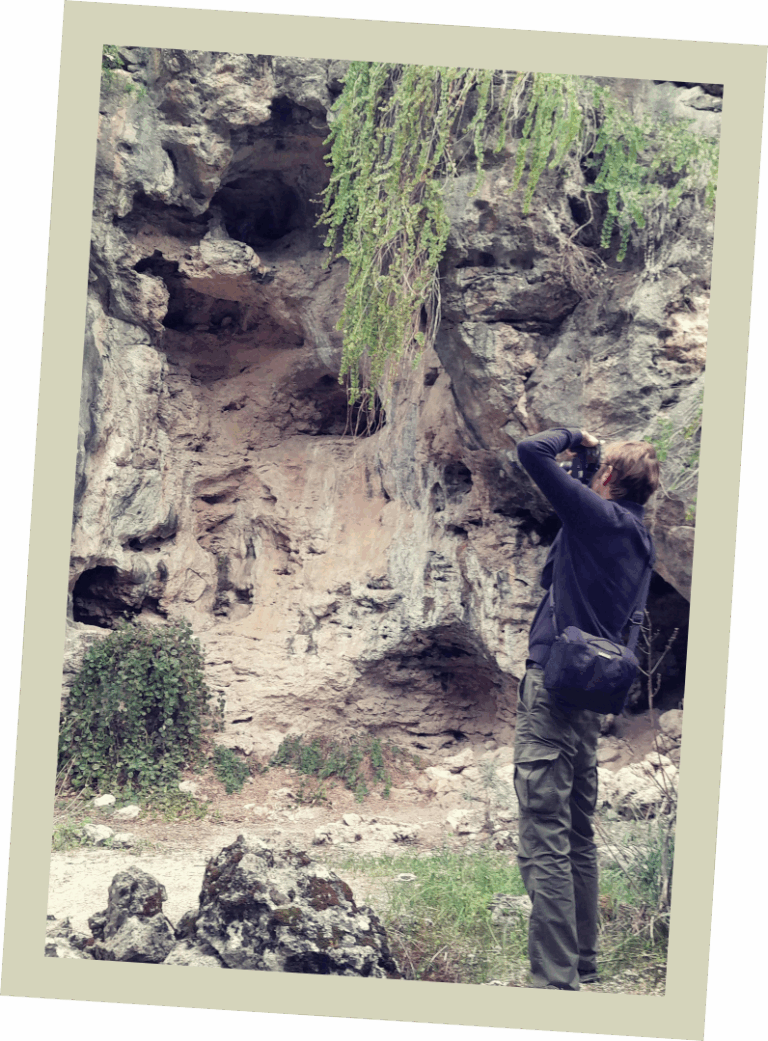
Ice Age hunter-gatherers 30,000-20,000 years ago: investigating the Gravettian period in Greece
Welcome to the official webpage of the project GRAVETTIAN!

About the Project
The GRAVETTIAN project aims to integrate data from the Gravettian period in Greece within the context of comparable material from other areas of Europe, thereby contributing to the current discussion about this Upper Palaeolithic chrono-cultural entity.
The Gravettian Period
The Gravettian (ca. 30.000-20.000 years before present) is one of the most significant periods in human evolution, when important components in the domains of technology, economy, ideology and social organization, either flourish and become resolutely established, or appear for the first time in human history. While this period is well-known from sites in much of Europe, it remains ill-defined in the Southern Balkan peninsula. The investigations carried out by the GRAVETTIAN project aim at filling this research gap.
The Case Studies
Kastritsa
Epirus, NorthWestern Greece.
Grava Cave
Corfu, NorthWestern Greece.
The project focuses on selected cultural material from the sites of Kastritsa in Epirus and Grava in Corfu, North-West Greece, which are used as case-studies. Archaeological data from the two sites are being re-evaluated, complemented with and juxtaposed to results from new analyses; together, these datasets will form a corpus to be assessed within the broader context of the European Gravettian.

The research was supported from the Hellenic Foundation for Research and Innovation under the “Basic Research Financing (Horizontal support for all Sciences), National Recovery and Resilience Plan Greece 2.0”. Project id: H.F.R.I 83414


